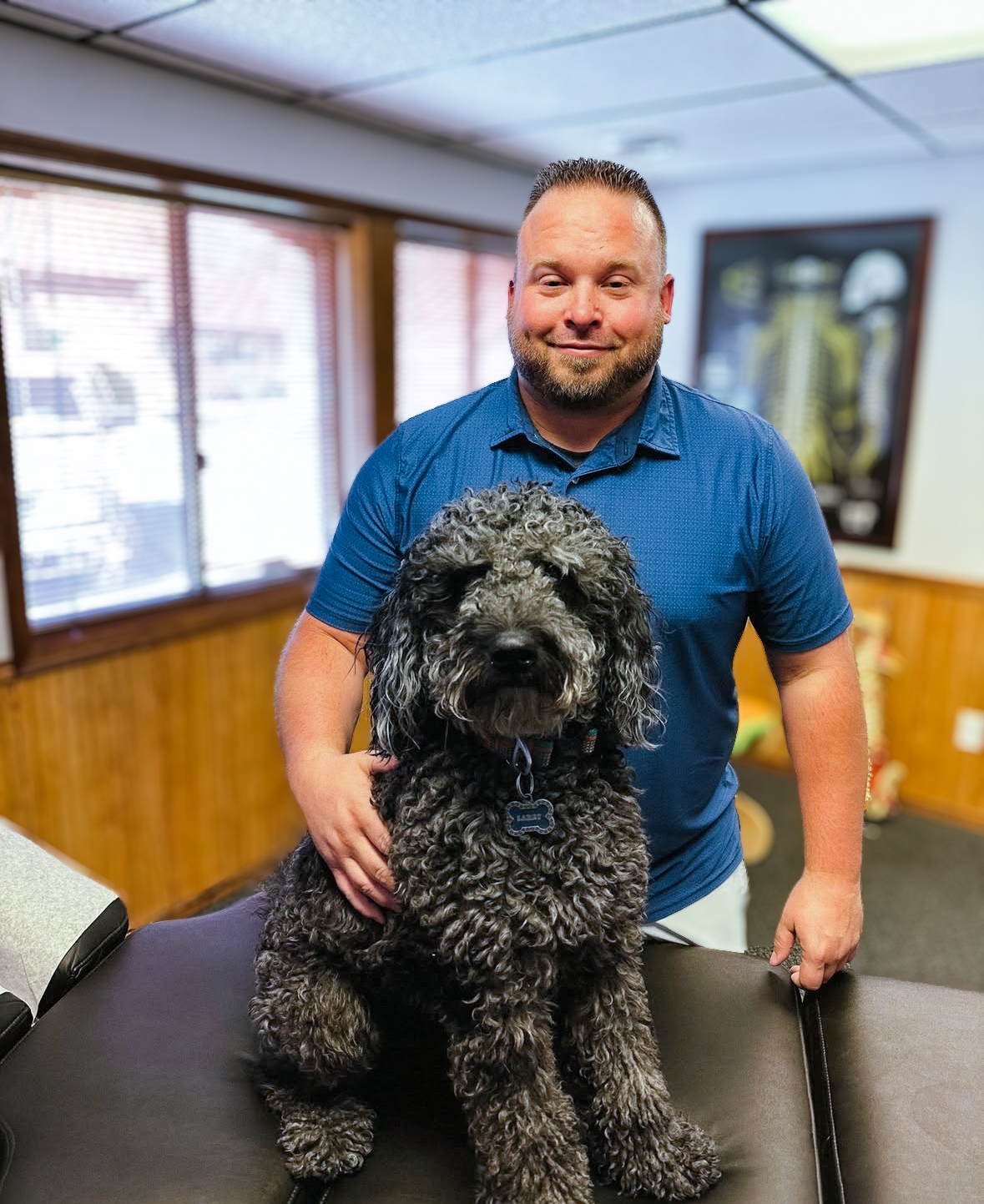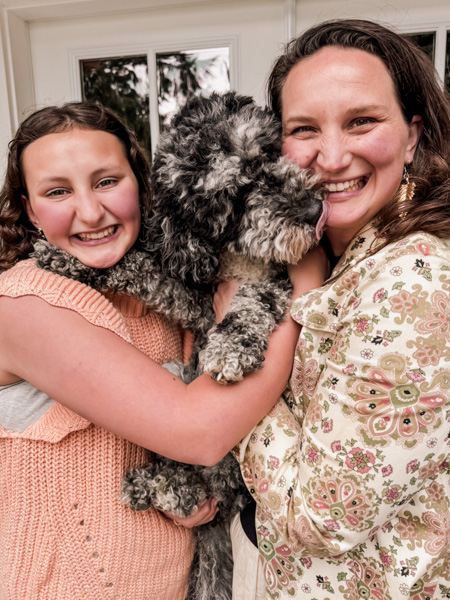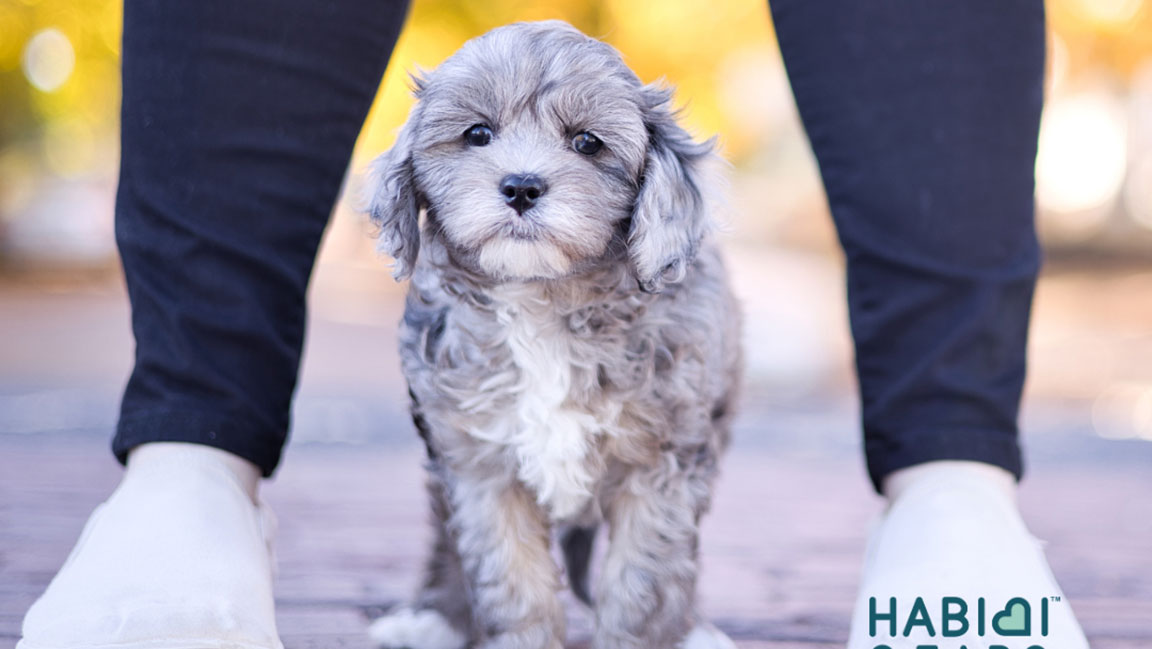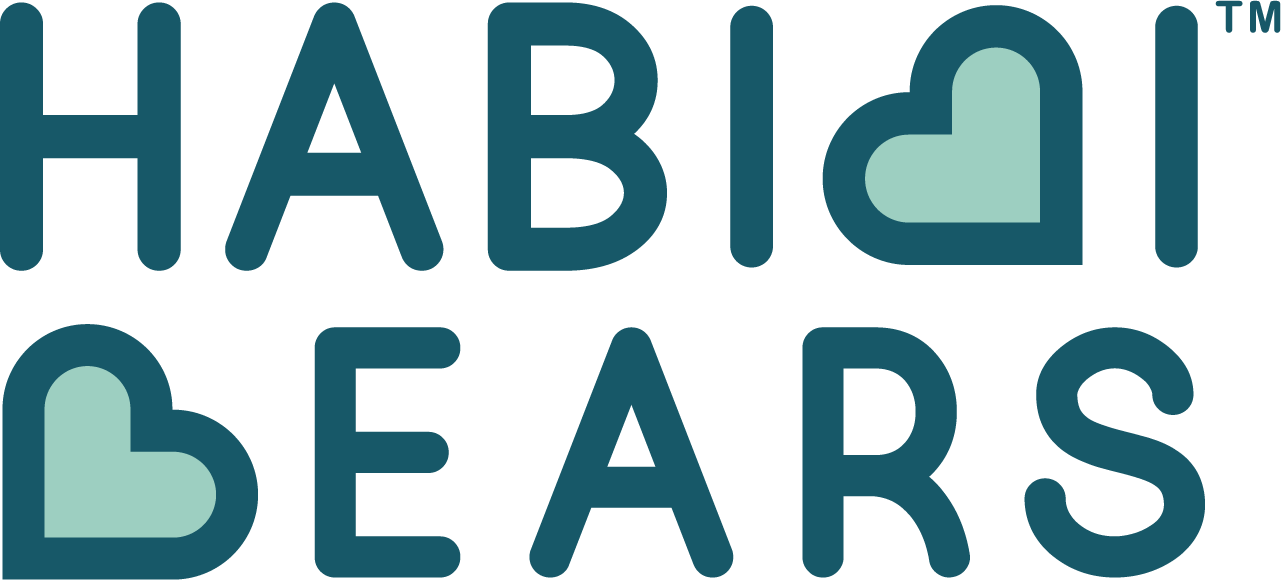Bringing home a Habibi Bear puppy is one of life’s most joyful moments — but it can also be one of the most overwhelming. If you’ve felt moments of frustration, anxiety, or even regret since your puppy arrived, you are not alone.
There’s a term for this emotional dip: the puppy blues — a very real, very common experience for new puppy parents (learn more here). It’s the feeling that maybe you made a mistake, that you “can’t do this,” or that life with your new puppy is more work than you imagined.
And when we don’t have a clear system or realistic expectations, those feelings can snowball. Some people even start thinking about “throwing in the towel” — giving the puppy back or “finding them a new home.”

Why the Puppy Blues Happen
New puppy life is an adjustment. You’ve welcomed a tiny, dependent being into your world — one who doesn’t sleep through the night yet, hasn’t learned where to potty, and still uses their mouth to explore everything (including you).
Without a roadmap, it’s easy to feel:
-
Exhausted from lack of sleep.
-
Overwhelmed by constant supervision needs.
-
Frustrated by accidents and “setbacks.”
-
Guilty for not feeling as happy as you thought you would.
But here’s the truth: puppyhood is fleeting.
The biting, the potty training struggles, the late nights — they all fade with time. Your puppy will sleep through the night. They will learn to potty outside. They will outgrow the phase where everything is a chew toy.
Reframing the Moment
When you’re in the thick of it, try to soften your perspective:
-
“This is a baby, doing baby things they can’t help yet.”
-
“This phase is temporary — it’s not forever.”
-
“I’m not a failure. I’m learning alongside my puppy.”
Every challenge is a chance to build trust and understanding. You’re not “stuck” in this stage — you’re building the foundation for a lifelong bond.
Why Knowing Yourself Matters
One of the most powerful tools you have during puppyhood is self-awareness. Your personality shapes how you respond to challenges, what stresses you most, and how you connect with your puppy.
- Some people push too hard for quick results.
- Some let structure slide until bad habits form.
- Some overthink every move.
- Some take on too much emotional weight.
Knowing which type you are helps you play to your strengths and address your blind spots.
The Four Puppy Parent Personality Types
1. Type A – The Go-Getter
Organized and results-driven, but may need to slow down and savor the moment.
→ Read more: Challenges for Type A Puppy Parents
2. Type B – The Laid-Back Lover
Calm and patient, but may need to add gentle structure to keep progress steady.
→ Read more: Challenges for Type B Puppy Parents
3. Type C – The Careful Planner
Detail-focused and thoughtful, but may need to act sooner and stick to one plan.
→ Read more: Challenges for Type C Puppy Parents
4. Type D – The Sensitive Soul
Deeply nurturing, but may need to release self-blame and help their puppy build resilience.
→ Read more: Challenges for Type D Puppy Parents

Final Reminder
No matter your personality type, you can thrive through puppyhood with the right mindset, tools, and support. The puppy blues are real — but they are temporary.
Your Habibi Bear doesn’t need you to be perfect. They need you to show up, stay committed, and love them through the learning process. And one day, you’ll look back on these early weeks and smile at how far you both have come.

